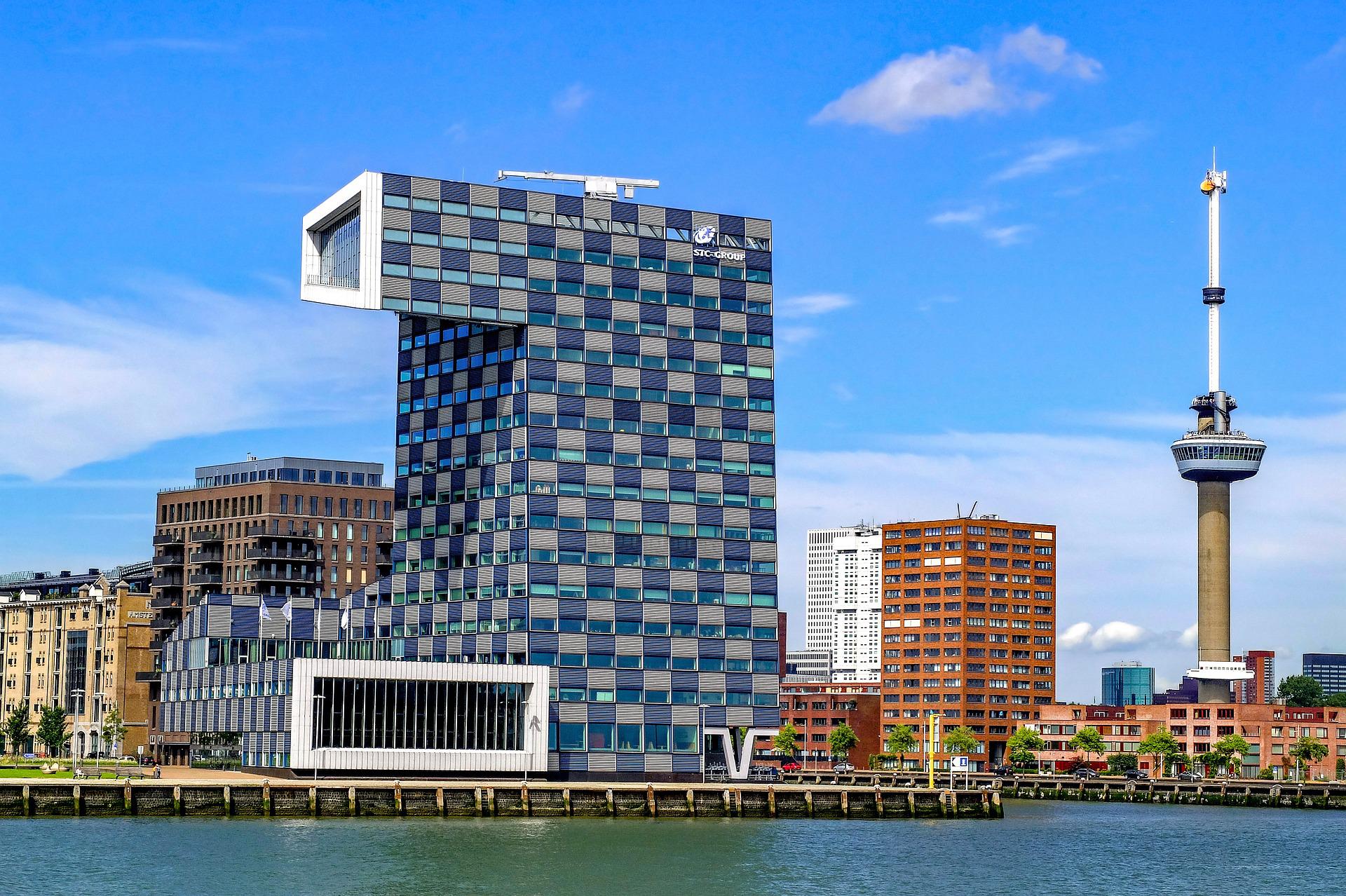Interview with the Vice-major of the City of Rotterdam

Christine Eskes
Vice-Mayor, city of Rotterdam
What does the climate subject “heat” mean to you?
Extreme heat directly affects the health and safety of our elderly residents in particular. That is why it is important that we explore what we can and should do as local government to be prepared for it. One thing is clear: we cannot do it alone as a local government; preparedness is something we really need to develop in cooperation with the elderly themselves, and together with the care and welfare organizations.
Why do you think the HOPE project is important for the city of Rotterdam?
Rotterdam has always been a young city, as we have so many people that see the chances that Rotterdam offers. Despite this, the city continues to get older, and the number of senior citizens in Rotterdam is growing. By 2035, 1 in 5 Rotterdammers will be 65 years of age or older. The number of over-75s, in particular, will increase. As a government, we must anticipate this. We simply cannot abandon all those elderly people. Also, our local healthcare system would become overburdened. Therefore, it is good that HOPE stimulates us to discuss this theme and explore useful options.
What are the most important topics for you in relation to HOPE?
Living at home longer
In the Netherlands, only 6% of the elderly stay in a nursing home. Older adults would like to live independently for as long as possible. The need for independent housing with appropriate care and facilities is therefore increasing. We need to prepare the city for this development and make sure Rotterdam is a city where you can continue to live comfortably and safely at home for as long as possible. Where you can stay active, meet people, and where appropriate care and support are always close-by. To prepare the city for this development, the municipality developed the program ‘Rotterdam Older and Wiser’. The welfare organizations visit the over-75s at home and organize activities for healthy ageing. There are health consultation hours.
Age-friendly neighbourhoods and activities
In a “senior-friendly neighbourhood”, organizations for care and welfare, housing corporations, the municipality, market parties and senior citizens work closely together. One example is the HomePlus Apartments. In a HomePlus flat, elderly people live independently, but there is also care and support. They support family caregivers. I imagine that during a heat wave, people in such a senior-friendly neighbourhood will be able to support each other more easily, and the caregivers will be more aware of how to respond to extreme weather conditions.
Suitable housing
In senior-friendly neighbourhoods, the relevant parties are also looking at what will be built in the area in the coming years, and how it will become an attractive area for seniors. In February 2020, 42 parties - the municipality, housing corporations, care and welfare organizations, developers, investors and a health insurer – together signed the Langer Thuis agreement, which runs at least until 2025. They agreed to work together to create more suitable housing for seniors and to develop innovative housing and care concepts. The HomePlus flats are a good example of this. The homes and the outdoor space must also be equipped to relieve the heat.
It is quite unusual to involve the domain of care in the local climate approach. How do you manage?
Rotterdam indeed is one of the first large cities in the Netherlands to create a local heat plan. The Rotterdam heat-plan is integrated into a broader climate adaptation program, called ‘WeatherWise’. The WeatherWise program broadened its focus from water safety to other urgent climate issues like heat and drought, and from the public to the private domain. The relatively new focus on heat results in the involvement of private care and wellbeing organisations and public health in climate adaptation plans. I am very glad about that. And I am especially glad that, thanks to the HOPE project, our University of Applied Sciences is on board. Students in care education get the opportunity to put their climate worries into action in their professional roles.
What would you like to pass on to aldermen in other cities?
Work together with all the relevant parties in your city and don’t forget to do it together with the elderly. Explore how to create senior-friendly neighbourhoods, in which housing, welfare, and healthcare all come together. This must include protection against heat. In this way, the elderly can continue to live comfortably and safely at home in our cities.
Introduction to the Hope project
Introduction to the Hope project
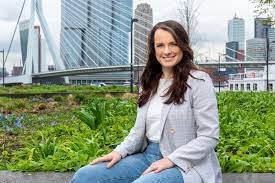
Willemijn Lamoré
Manager for Public Health of the city of Rotterdam
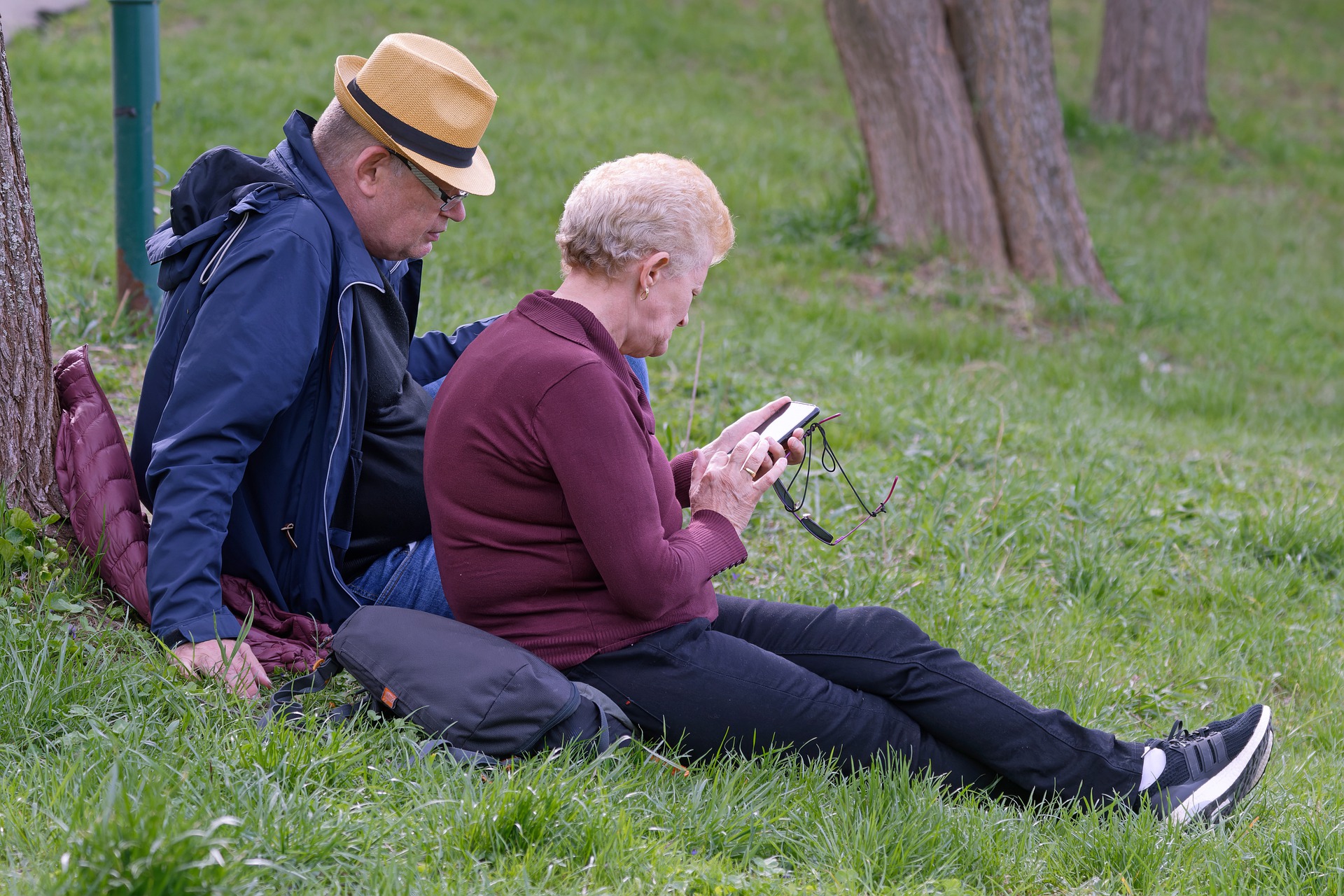
In addition, having a central role, the educational institutes will teach care students (= our future caretakers) to deal with this new public health task. As the city of Rotterdam is ahead with its climate adaptation programme, it is keen to coordinate the joint HOPE project 2022 -2025. Within our city organisation, this is an interdepartmental project: public health, urban planning, elderly care, and climate policy to name just a few of the departments involved. Because it is so close to real life: reality doesn’t bother itself with the structures and procedures of a bureaucratic system. That is also why we are optimistic that this project will get a spin-off. The concreteness of this heat-topic inspires energy and buy-in: people want to join in. The products that will come forward will be kept it as tangible as possible: an innovative teaching tool for students and formal/informal caregivers, guidelines and best practices, and policy recommendations. They will be communicated a.o. by the website and this newsletter. We invite you to join in the next three years and, together with us put the effort into getting your organization, your students and yourselves prepared to respond to a severe heatwave.
On the Hope Project
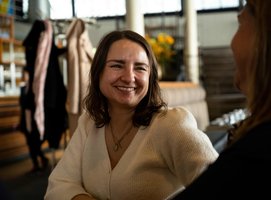
Vildana Gacic
Project Coordinator
The project HOPE aims to put the severe health threats of heatwaves on the agenda of the older adult service and healthcare sectors and to have an inclusive approach for the whole ecosystem
Which are the goals of the project?
The objective is to develop and strengthen the competencies of students, informal caregivers, and professionals in older adult health, care and social sectors on better responding to the needs of older adults during heatwaves and thereby better mitigating the risks.
An innovative teaching tool for students and formal/informal caregivers will be developed and implemented. This tool will be innovative, attractive, and practical to use. The international component will be appealing to the learners since it provides a broader scope of options on how to deal with heat problems in times of heatwaves in vulnerable older adults. Increased skills will therefore contribute to better care for older people. We wish to support and stimulate organisations in the older adult ecosystem to apply guidelines and best practices regarding care during heatwaves.
The guidelines for ecosystems and the database of good practices will be developed in collaboration with associated partners, older adults and caregivers, and implemented in organisations connected to the project. In addition, local and regional authorities will be supported through policy recommendations on how to play a role in the fight against heat risks for their older inhabitants. The recommendations will be implemented by municipalities connected to the project;
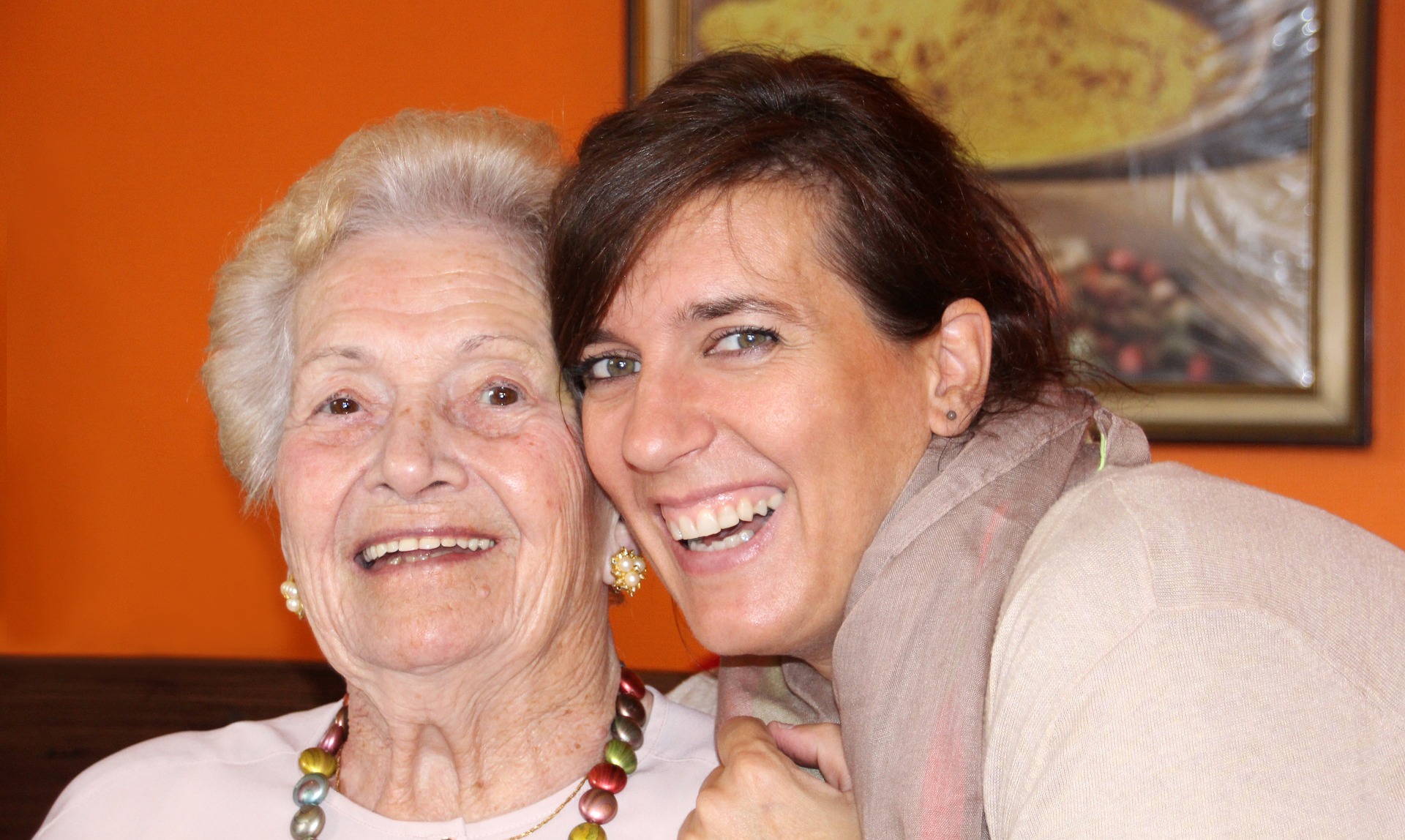
How do you foresee that this project could be a help to other authorities and organizations?
By communicating and disseminating project results and best practices on local, regional, national, European, and international levels, the aim is to develop an integrated approach to be further adopted by other organisations and authorities, decreasing the morbidity and mortality rate and improving the care provided through collaboration, new policies and approaches, knowledge exchange and change management.
CONTACT US
Vildana Gacic
Project coordinator


